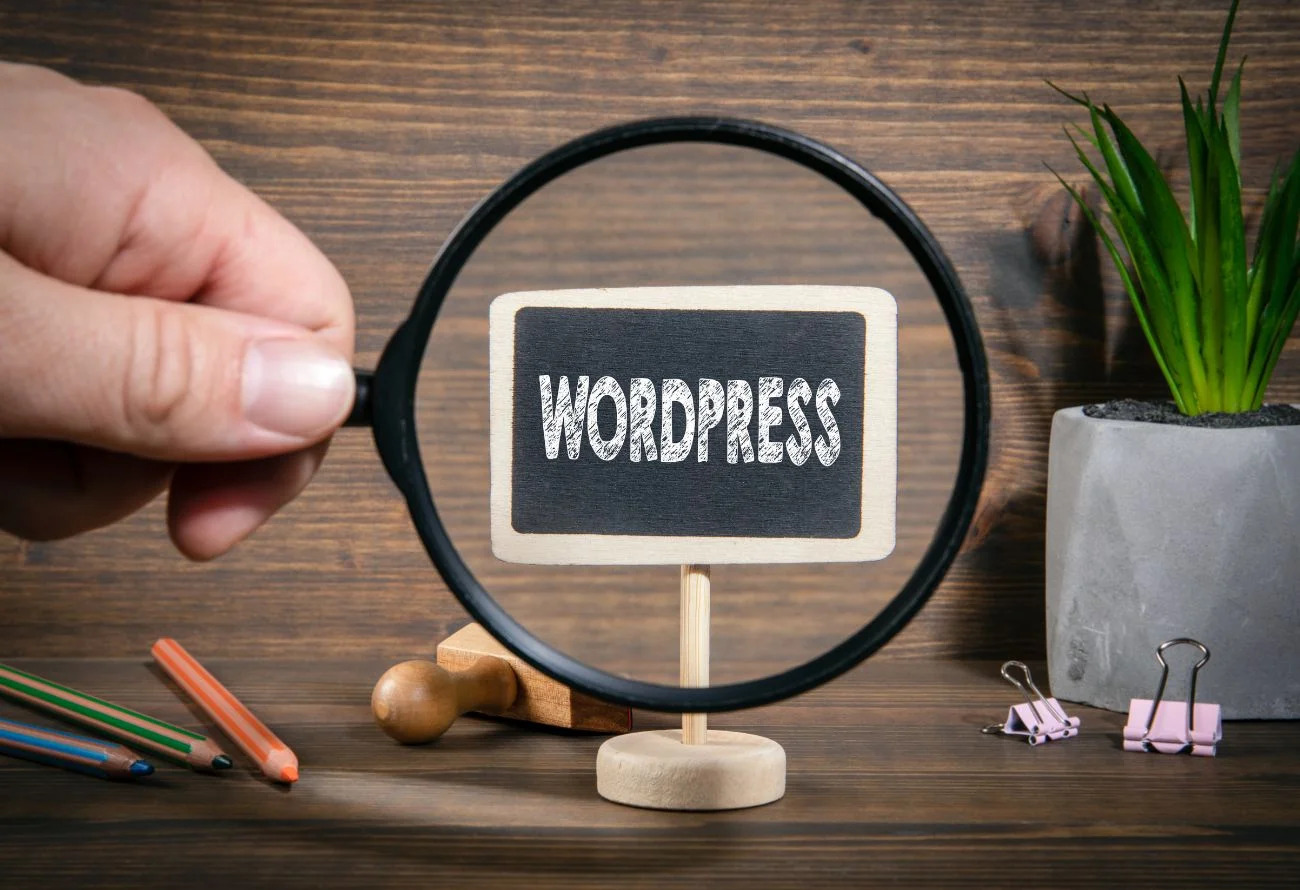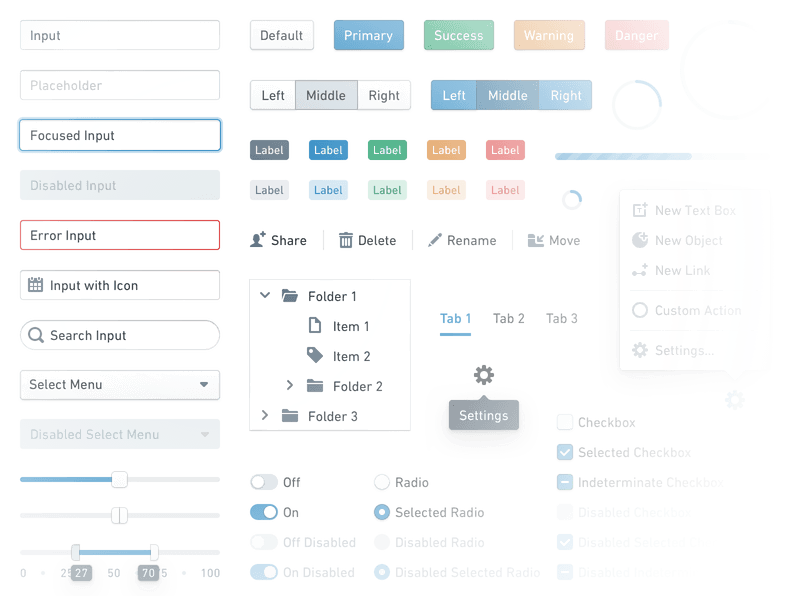Web design has always been a fascinating mix of art and technology. From the humble beginnings of static HTML pages in the 90s to today’s intricate designs powered by AI and dynamic frameworks, the industry has evolved at a breakneck pace. For a company like Above Bits, based in Charlotte, North Carolina, staying ahead of this curve has been a two-decade journey of learning, adapting, and perfecting the craft of affordable web design.

Today, I want to unpack the secret sauce that has made web design not only accessible but also budget-friendly—without compromising quality. And let me tell you, it’s not just about cutting corners or throwing templates at every project. It’s a symphony of experience, technology, and a bit of good ol’ human creativity.
Affordable, But Not Cheap: What’s the Difference?
Let’s face it—when someone says “affordable web design,” most people picture bland, cookie-cutter websites that barely load properly on a phone. But in Charlotte, where web design firms like Above Bits thrive, affordability takes on a whole new meaning. It’s about leveraging two decades of experience to deliver polished, professional sites that feel premium but don’t come with a Tesla-sized price tag.
Interestingly, the affordability factor is not a new trend. Back in the early 2000s, web design was dominated by hand-coded sites that required hours (sometimes days) to perfect. Each tweak meant a round of manual edits and praying that Internet Explorer wouldn’t decide to render the page in its infamous, quirky way. The sheer labor made websites a luxury few could afford. But today? Tools like WordPress, Joomla, and WebFlow allow designers to create visually stunning sites with robust functionality at a fraction of the cost.
The downside of these platforms, however, is their over-reliance on plugins and templates. While they save time and money, they also introduce issues with site speed and security. A recent study revealed that WordPress websites using 20+ plugins are 60% more likely to experience performance bottlenecks—a problem Above Bits tackles head-on by optimizing every project they handle in Charlotte.
The Power of Automation: A Double-Edged Sword
Automation has been a game-changer for the web design world. Tools like Elementor and Wix’s ADI have made it possible for non-designers to build websites in hours. But while these platforms claim to democratize web design, they often come at the expense of creativity and flexibility. For example, Wix websites, while easy to set up, are notorious for their SEO limitations and rigid customization options.
Charlotte businesses that approach Above Bits often cite these downsides as reasons for seeking professional help. Automation might win you a quick launch, but when it comes to scalability and design sophistication, there’s no substitute for an experienced web designer who knows how to marry form with function.
On the flip side, automation does bring efficiency to repetitive tasks, like resizing images or generating responsive designs. Above Bits, for instance, incorporates modern automation tools into their workflow without letting the software dictate the creative process. The result? Stunning web designs that feel handcrafted but don’t take an eternity to build.
A Tale of Two Platforms: WordPress vs. WebFlow
One of the most hotly debated topics in web design today is choosing between WordPress and WebFlow. Both platforms offer incredible flexibility and are widely used by businesses in Charlotte and beyond, but they cater to very different audiences.
WordPress, the veteran, powers 43% of all websites on the internet. Its vast library of plugins and themes makes it an attractive option for businesses that want a one-size-fits-all solution. But here’s the catch: too many plugins can slow down your site, and outdated themes can introduce security vulnerabilities. This is why Above Bits takes the extra step of customizing WordPress sites, ensuring they perform well and remain secure.
WebFlow, on the other hand, has been gaining traction as a designer-friendly platform. Its visual editor feels like a blend of Photoshop and a website builder, offering unparalleled control over the look and feel of a site. However, WebFlow’s steep learning curve and limited plugin ecosystem make it less ideal for businesses that need a lot of custom functionality out of the box.
In Charlotte, web design firms like Above Bits often find themselves navigating this crossroads, advising clients on which platform aligns best with their goals and budget. The answer isn’t always clear-cut, but the ability to tailor solutions for each client is what separates a good designer from a great one.
Global Trends in Web Design: Keeping Up With the Joneses
Web design isn’t just a local affair—global trends and technological advancements influence it. In 2024, one of the biggest shifts has been the integration of AI tools like ChatGPT and Firefly into the design process. These tools can suggest layouts, generate code snippets, and even create custom graphics in seconds. But while they’re impressive, they’re far from perfect.
For instance, AI-generated designs often lack the human touch needed to truly connect with users. This can be a dealbreaker in a world where user experience is king. That’s why Above Bits balances AI efficiency with human creativity, ensuring their web designs in Charlotte remain authentic and engaging.
Interestingly, big companies like Amazon and Google are also shaping the web design landscape. Amazon’s move toward faster, more intuitive interfaces has set a high bar for e-commerce sites, while Google’s Core Web Vitals initiative has forced designers to prioritize speed and interactivity. In North Carolina, where online competition is fierce, these trends are more relevant than ever.
The Real Cost of Cheap Hosting
Let’s talk about hosting—a topic that doesn’t get nearly enough attention in web design discussions. Cheap hosting providers like GoDaddy and Bluehost lure clients with rock-bottom prices, but they often come with hidden costs like slow loading times, poor customer support, and limited scalability.
Above Bits frequently encounters Charlotte businesses that are stuck in these hosting nightmares. One memorable case involved migrating a local retailer from an overloaded shared hosting plan to a robust VPS setup. The difference in speed and reliability was night and day, proving that investing in good hosting is just as important as hiring a skilled web designer.
Of course, premium hosting isn’t without its downsides. Providers like AWS and Azure offer incredible performance but can be overkill for small businesses. This is where experience plays a crucial role—knowing how to match a client’s needs with the right hosting solution is an art form that only seasoned designers can master.
Why Affordable Doesn’t Mean Compromise
As we’ve seen, affordability in web design is not about cutting corners. It’s about working smarter, leveraging technology without letting it overshadow creativity, and making informed decisions that prioritize long-term success. Above Bits embodies this philosophy, combining nearly two decades of experience with a commitment to delivering high-quality web designs for Charlotte businesses.
In the next part of this article, we’ll delve into the nitty-gritty of how Above Bits achieves this balance, explore more trends shaping the industry, and share some practical advice for businesses looking to revamp their online presence. Stay tuned.
The Balancing Act: Crafting Websites That Last
Regarding affordability, there’s a common misconception that cheap solutions are inherently inferior. But Above Bits has repeatedly proven that the secret to cost-effective web design isn’t cutting corners—it’s investing in smarter strategies that ensure longevity and scalability. For businesses in Charlotte, web design isn’t just a one-time project; it’s a long-term commitment to staying relevant in an ever-changing digital landscape.
Take the example of responsive design. Over a decade ago, building mobile-friendly websites was considered an add-on. Today, with mobile devices accounting for more than 60% of global web traffic, it’s non-negotiable. Above Bits incorporates responsive design as a baseline feature, ensuring that their sites perform flawlessly across desktops, tablets, and smartphones. The result? Businesses in Charlotte gain a competitive edge, reaching customers wherever they are.
But there’s a catch: not all responsive designs are created equal. Some platforms rely on rigid frameworks that don’t adapt well to unique content or layouts. This is where Above Bits’ expertise shines. By customizing frameworks and ensuring fluid adaptability, they deliver seamless web designs, no matter the screen size.
Charlotte’s Role in a Global Web Design Revolution
It’s worth noting that Charlotte isn’t just a player in the regional tech scene; it’s becoming a hub for digital innovation in North Carolina. With its thriving economy and a growing number of tech startups, the city has cultivated an environment where affordable, high-quality web design is in high demand. Above Bits has played a pivotal role in this evolution, offering local businesses solutions that rival those of top-tier agencies in New York or San Francisco—minus the hefty price tag.
Globally, cities like Berlin and Tel Aviv have also embraced this trend of affordable, high-quality design. Berlin, for instance, has become a hotspot for minimalist web aesthetics, while Tel Aviv is in charge of AI-driven design automation. Above Bits stays on top of these trends, adopting practices that make sense for Charlotte businesses while keeping costs manageable.
The Downsides of Going Cheap: Lessons Learned
While affordable web design is achievable, it’s crucial to avoid the pitfalls of going too cheap. Globally, there’s a growing backlash against platforms like Squarespace and Wix. Their drag-and-drop interfaces are great for beginners, but their limitations quickly become apparent for businesses looking to scale. Poor SEO performance, limited customization, and subpar customer support are common complaints.
Above Bits frequently encounters Charlotte clients who started with these platforms, only to outgrow them within a year. One particularly memorable project involved migrating a restaurant’s website from Wix to a fully custom WordPress solution. The difference was striking—the new site ranked higher in search results and offered better functionality for online reservations and menu updates.
Interestingly, even big players like Shopify face criticism for their high transaction fees and limited backend flexibility. While Shopify remains a powerhouse for e-commerce, Above Bits often helps clients explore alternative platforms or custom solutions that align better with their needs and budgets.
How Technology Levels the Playing Field
One of the most exciting developments in web design is the democratization of high-end tools. Platforms like Figma and Adobe XD have made collaboration between designers and clients easier than ever. Above Bits uses these tools to create detailed prototypes that allow Charlotte businesses to see their websites in action before a single line of code is written.
But as with any tool, there are trade-offs. Figma, for example, excels at wireframing and design but lacks robust integration with development workflows. Adobe XD, while powerful, can be resource-intensive and requires a steep learning curve. Above Bits navigates these challenges by combining multiple tools in their workflow, ensuring that no single limitation holds back a project.
Globally, companies like Airbnb and Slack have set the standard for incorporating user feedback into the design process. Airbnb’s design system, for example, has been hailed as a model of consistency and scalability. Above Bits adopts a similar philosophy, emphasizing client collaboration to refine designs and deliver results that exceed expectations.
Sustainability in Web Design: The New Frontier
In recent years, sustainability has emerged as a critical consideration in web design. Websites now account for approximately 2% of global carbon emissions—a figure expected to rise as internet usage grows. In Charlotte, where environmental awareness is on the rise, businesses are increasingly seeking web design solutions that align with their sustainability goals.
Above Bits addresses this challenge by optimizing websites for speed and energy efficiency. Faster-loading sites consume less energy, benefiting both the environment and the user experience. Additionally, they advocate for minimalist designs that reduce server load without sacrificing functionality or aesthetics.
However, achieving sustainability isn’t always straightforward. Some techniques, like heavy reliance on CDNs (Content Delivery Networks), can lead to additional costs and complexity. Above Bits strikes a balance by using tools like Cloudflare to enhance performance without overburdening clients with unnecessary expenses.
Looking to the Future: What’s Next for Web Design?
As we look ahead, the future of web design in Charlotte and beyond will likely be shaped by advancements in AI, AR/VR integration, and an ever-growing focus on personalization. Imagine a website that not only adapts to your device but also to your preferences, displaying content based on your browsing history or real-time behavior.
Above Bits is already exploring these possibilities, experimenting with interactive 3D models and AI-driven content recommendations. But as exciting as these technologies are, they come with challenges. Privacy concerns, for instance, remain a significant hurdle. Users are increasingly wary of how their data is collected and used, and businesses must tread carefully to build trust.
Why Above Bits Stands Out
So, what makes Above Bits unique in this crowded industry? It’s not just their nearly two decades of experience or their ability to deliver high-quality designs at affordable prices. It’s their commitment to treating each project as a partnership. They don’t just build websites; they build relationships.
For Charlotte businesses looking to enhance their online presence, Above Bits offers a level of expertise and dedication that’s hard to match. Whether it’s redesigning a legacy site, optimizing for mobile, or crafting a brand-new digital experience, they approach each project with the same passion and precision that has defined their journey from day one.
Your Next Step Toward an Affordable Online Transformation
If you’re a business in Charlotte or anywhere in North Carolina, now is the perfect time to rethink your web design strategy. Don’t settle for templates that limit your potential or platforms that lock you into costly upgrades. With Above Bits, you can achieve a professional, custom web design that fits your budget and exceeds your expectations.
Reach out to their team today and see how they can bring your vision to life. Affordable web design isn’t a myth—it’s a reality that Above Bits has been delivering for nearly 20 years. Let them prove it to you.















